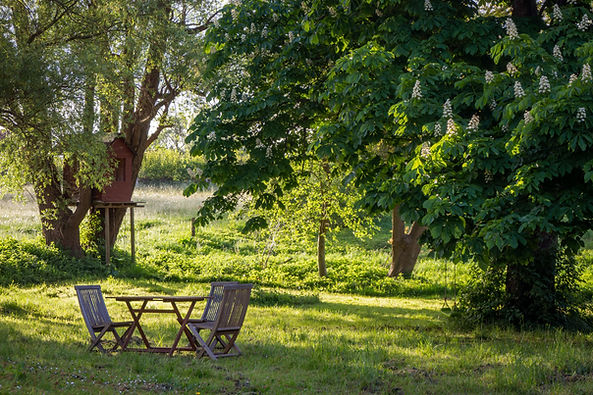Conservation, Animal Rehabilitation & Education

Baboons and your garden
Save Your Property & Save Baboon Lives
Good News; It is Possible to Protect Your Garden & Protect Wildlife
Install Physical Barriers
Installing physical barriers is an effective way to deter primates from entering your garden.
Remove Attractive Food Sources
Identify the specific plants or fruits that are attracting them and take steps to remove or relocate them
Use Deterrents and Scare Tactics
Employing deterrents and scare tactics can help discourage primates from entering your garden.
Understanding The Behaviour of Baboons
Before implementing any protective measures, it is essential to understand baboon behavior. Baboons are highly intelligent and social animals that are attracted to human settlements due to the availability of food and water sources. They are opportunistic feeders and can be drawn to gardens, fruit trees, and vegetable patches. Recognizing their patterns and motivations is the first step towards effective coexistence. Keep in mind that they were here first!
Baboons are a key-role-player in ensuring a healthy biodiversity and due to humans destroying their habitats, persecuting them along with climate change it has been predicted that that chacma baboons are more under-threat than first predicted and new published science has predicted they could be extinct by 2073.

It is important to know, that humans and baboons can better co-exist. There are options to prevent baboons accessing your garden and by adopting some baboon-proofing tips you could not only save your property, but save biodiversity too.
Encouraging Coexistence To Protect Your Garden
Promoting coexistence with baboons involves creating an environment that minimizes their attraction to your garden. Here are some strategies to consider:

-
Remove Food Sources: Ensure that baboons cannot access food in your garden. Harvest ripe fruits promptly and securely store garbage and compost in baboon-proof containers. This reduces the incentive for baboons to visit your property.
-
Secure Bins and Containers: Baboons are resourceful and can quickly learn how to open containers. Use sturdy bins with locking mechanisms to prevent them from accessing food waste or other enticing items.
-
Manage Water Sources: Baboons require water for survival, so ensure that any outdoor water sources, such as taps or pools, are inaccessible to them. Repair leaking pipes or taps promptly to minimize water availability.
Safe Garden Protection Methods
While creating an environment that deters baboons from your garden is crucial, it's equally important to use humane and safe methods to protect your property. Here are some effective techniques:
-
Electric Fencing: Installing electric fencing around your garden can be an effective deterrent. Use a professional to ensure the fencing is correctly installed and complies with local regulations. Properly maintained electric fences can discourage baboons without causing harm.
-
Primate-Resistant Barriers: Erecting physical barriers like mesh or netting around vulnerable areas of your garden can prevent baboon access. Ensure these barriers are sturdy, at least 6 feet high, and without any footholds.
-
Deterrents and Scare Tactics: Employing deterrents and scare tactics can help discourage primates from entering your garden. This might include the use of toy snakes, sling-shots, loud noises, or even chasing them away.
Want to get in touch about a situation we might be able to help with?
C.A.R.E. The Centre for Animal Rehabilitation & Education